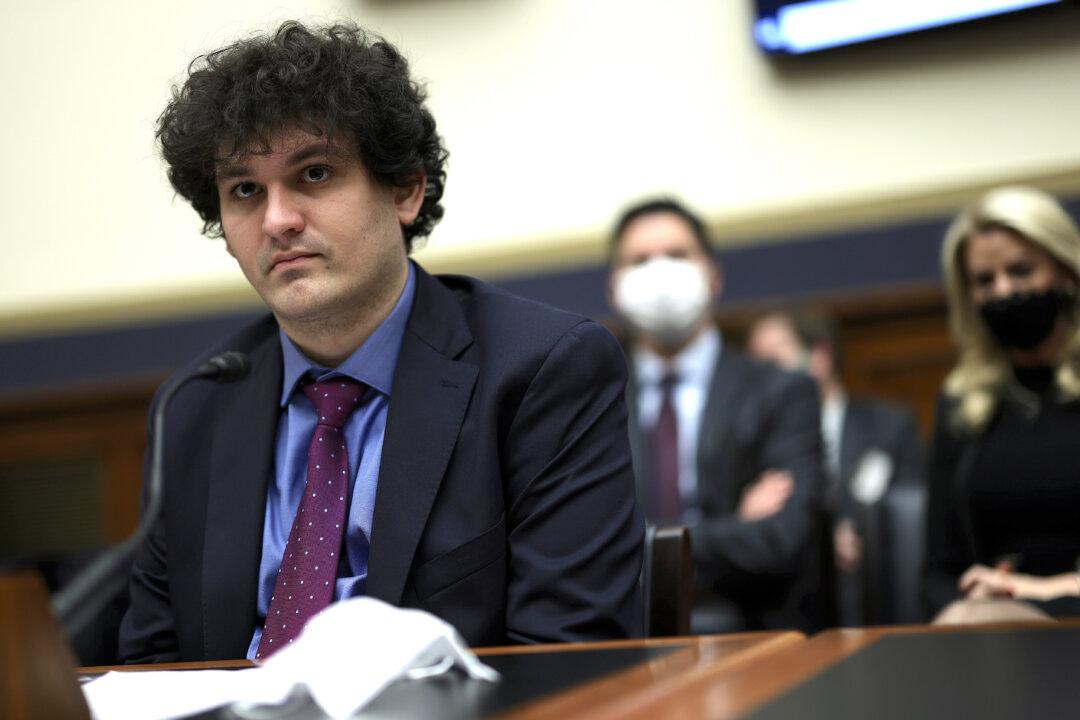As Sam Bankman-Fried, who is under arrest in the Bahamas, prepares for extradition to the United States on criminal charges, former employees of the cryptocurrency exchange FTX recall him as a complex and contradictory character whose calculating mind ultimately led him down a dark path.
Bankman-Fried was taken into custody on Dec. 12 by the Royal Bahamas Police Force in response to charges filed by U.S. authorities.





